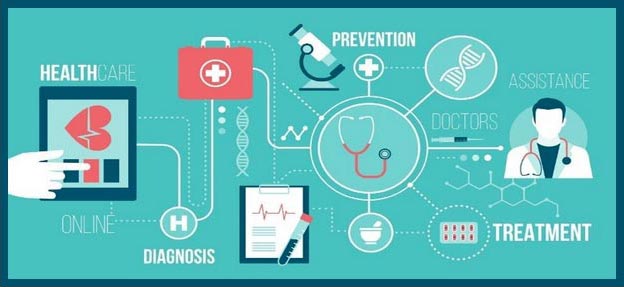The Ultimate Solution:
The shared vision between Cloud and Things and the Client was to create an encompassing system that would address three major issues pertaining to behavioral healthcare: primary care physician burden, fragmented care, and untreated risks. The solution developed by Cloud and Things offers innovative, consumer-centric, clinical methods that maximize provider efficacy, patient outcomes, and health care cost savings. The connected care system integrates sophisticated web-based tools for assessment, treatment planning, and treatment plan review that seamlessly document the incorporation of best practices and improve care management across providers. The integrated solution includes the behavioral system framework, cloud-based clinical tools, certification training, and data analytics.
Spanning over 350 questions and multiple dimensions, a comprehensive assessment developed by the Client had grown to become a key differentiator for behavioral healthcare outcomes. The automation of the assessment through an online questionnaire now provides a self-paced patient input that delivers a comprehensive patient interview, leading to a greater investment in the overall treatment and outcome. The effectiveness of the patient interview leads to enhanced understanding for refinement and recording for treatment planning and review. The treatment planning review tool incorporates best practices and improved care management across providers for a groundbreaking behavioral solution supporting data driven, positive patient outcomes.
The process for referring, assessing, interviewing, and treating the patient has been streamlined through automation by the connected care platform. Further efficiencies are achieved when the system is extended to the care manager from the Primary Care Provider (PCP) to refer patients. Upon receiving the referral, the system automatically provides the multiple-choice assessment questionnaire to the patient through email. After completion of the questionnaire the patient schedules an online appointment with the clinician psychologist, who can leverage the analytics and reporting to appropriately inform treatment planning decisions.


